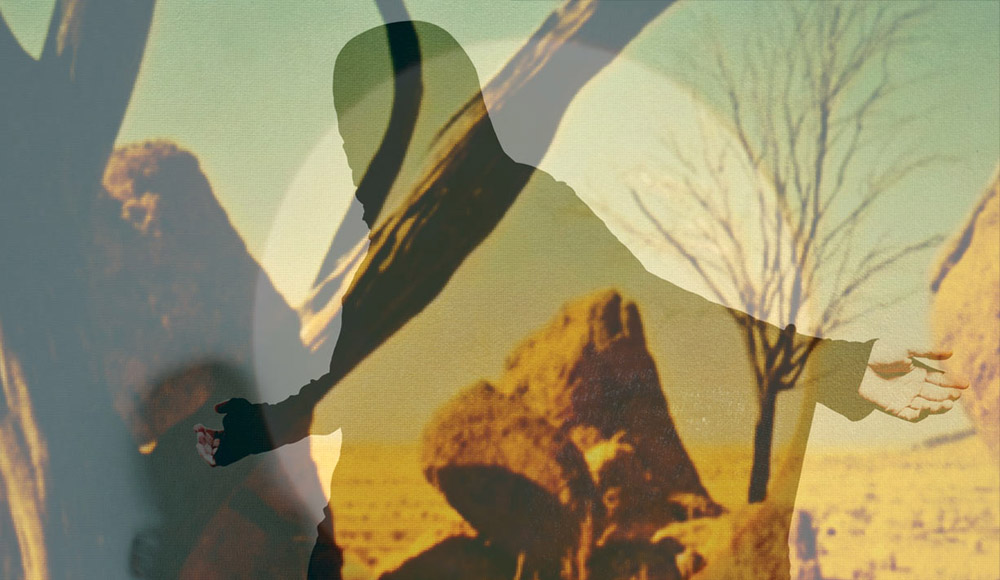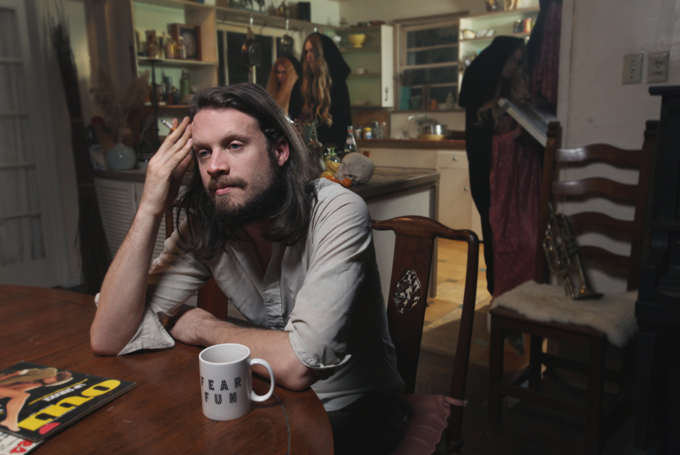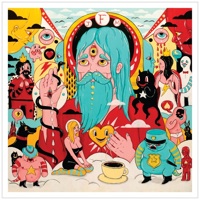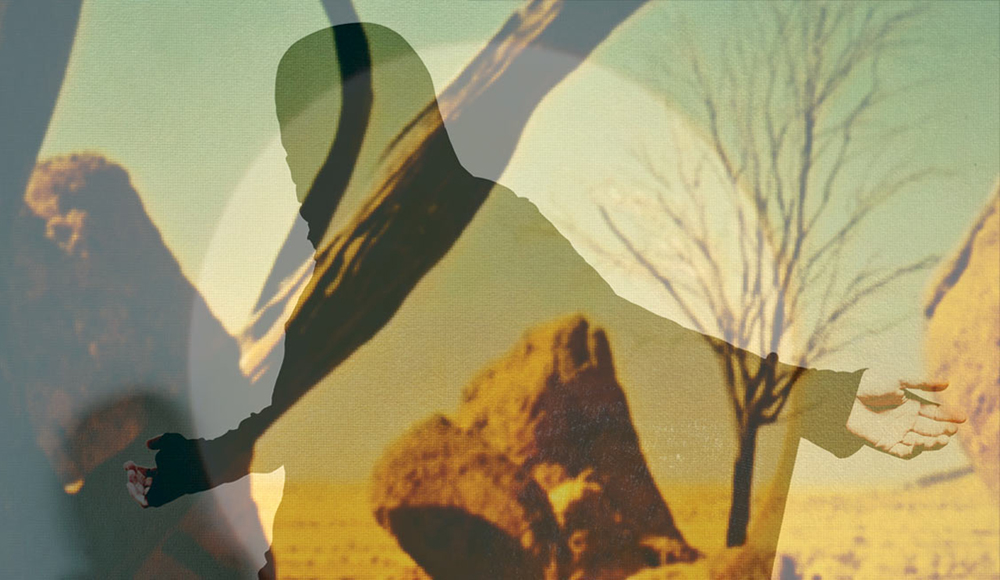This story first appeared in Chromatic: The Crossroads of Color and Music. Order your copy today.
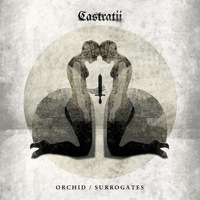 Castratii: Telling of the Bees (Speak ‘n’ Spell, 7/3/10)
Castratii: Telling of the Bees (Speak ‘n’ Spell, 7/3/10)
Castratii: “Orchid”
[audio:https://alarm-magazine.com/wp-content/uploads/2012/02/Orchid.mp3|titles=Castratii: “Orchid”]
Cloaked in darkness, the Australian electro-ambient trio known as Castratii exerts a mysterious gravitational pull. Together, “spiritual brothers” Beauvais Cassidy and Jonathan Wilson — along with new addition Liela Moss — create an ethereal, otherworldly sound. For the group, darkness is the antithesis of information overload caused by technology. “People are definitely more interested in not knowing right now, particularly as everything is so easily found online,” Wilson says. And for many fans, Castratii’s allure lies in its mysterious movements; by revealing little, the band invites speculation.
Based in rural New South Wales, an hour and a half outside Sydney, Castratii draws inspiration from the untamed environment of the deep, dark bush. “Australia is beautiful and haunted and scary as fuck, and we want our music to be its soundtrack,” Wilson says. The band formed in 2007, when Cassidy and Wilson, both 30, were going through personal crises. “The project was born from sheer desperation and our limits being tested,” Wilson explains. One was physically ill and the other lost and confused. “We found each other in this sound,” he continues. “It was something we had to do to find a way out of the depths.”
Cassidy and Wilson’s first gigs were performances for friends in their lodge. Surrounded by spooky yet comforting sounds of night animals and insects, the band felt at home. “The remote nature of the space, and given [that] ideas appear when light is limited, it made sense for us to play completely in the dark,” Wilson says. “It was like playing to the things that had inspired the music in the first place.”
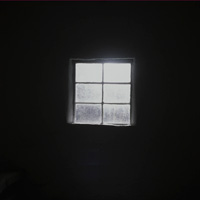 Castratii: Eora (Time No Place, 6/26/12)
Castratii: Eora (Time No Place, 6/26/12)
